Keywords: Tim Kroenert
There are more than 24 results, only the first 24 are displayed here.
Become a subscriber for more search results.
-
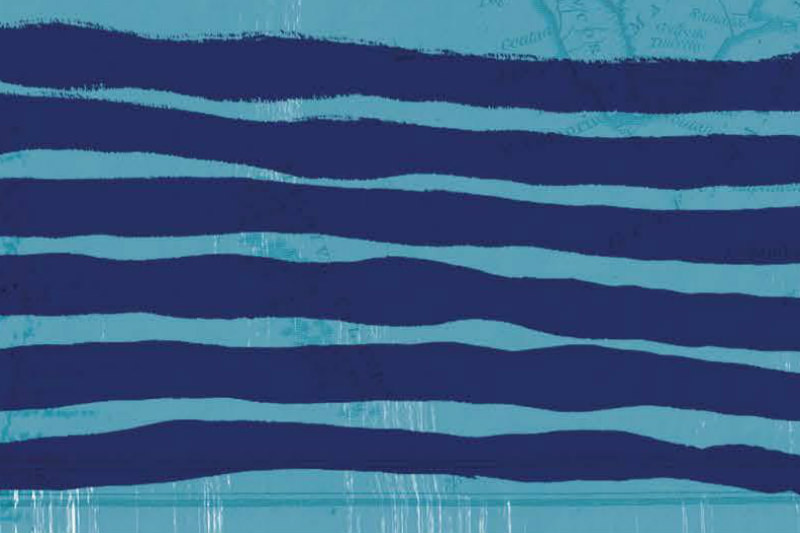
ARTS AND CULTURE
- Tim Kroenert
- 11 July 2018
'In the Beginning Was the Word' opens with Angelina D'Costa, 'five years to the day after she stopped being a Catholic', entering a church, determined to confront a popular priest who is known to have covered up for another priest who abused children; only to be moved to submission by the familiar beauty of the Mass.
READ MORE 
-
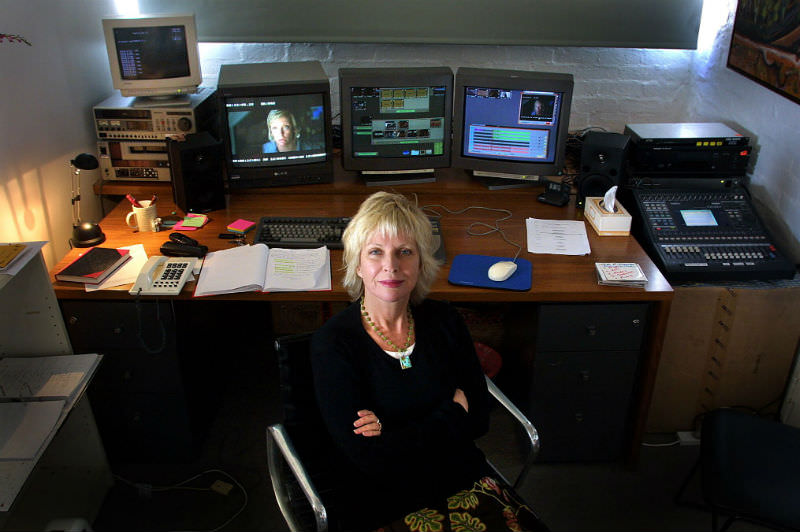
ARTS AND CULTURE
- Tim Kroenert
- 29 June 2018
Film buffs might regret there's not a more detailed technical breakdown of Bilcock's craft. Still it it is a warm-hearted tribute to the art of editing, the process by which a film takes its final form, often as different from what was shot as the footage isfrom the original script; and to one editor whose sense of character and audience is hailed by these directors as defining their films.
READ MORE 
-

PODCAST
Women were prominent members of the earliest Christian communities, and, history is replete with Catholic women whose model of service and leadership set a standard for how Catholics engage with the world. So why aren't they as familiar to us as other workers? And what can the Church learn from modern women?
READ MORE
-
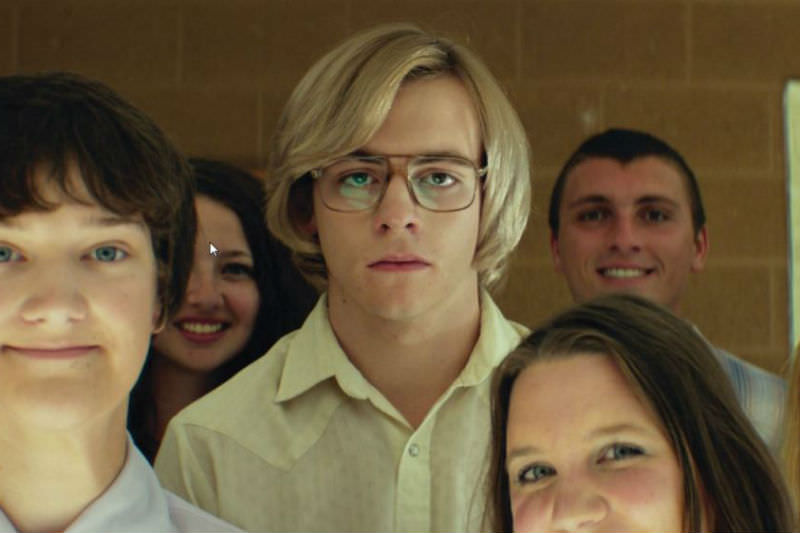
ARTS AND CULTURE
- Tim Kroenert
- 27 June 2018
My Friend Dahmer, based on the memoir by John Backderf about his teenage friendship with the soon-to-be killer, is a complex character study of which Dahmer's troubled home life, repressed homosexuality, abuse of alcohol, and experiences of bullying and social alienation are motley features rather than defining characteristics.
READ MORE 
-
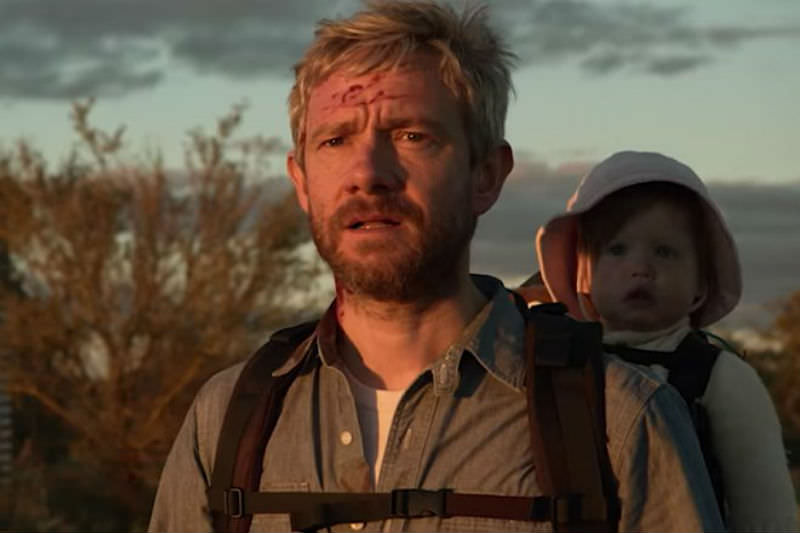
ARTS AND CULTURE
- Tim Kroenert
- 12 June 2018
With the downfall of white society, Thoomi and other Aboriginal people have abandoned their white-established communities, to return to the land. Through embracing ancient communal practices, they are proving far more resilient than their white counterparts. It is through them that Andy may ultimately discover the key to survival.
READ MORE 
-
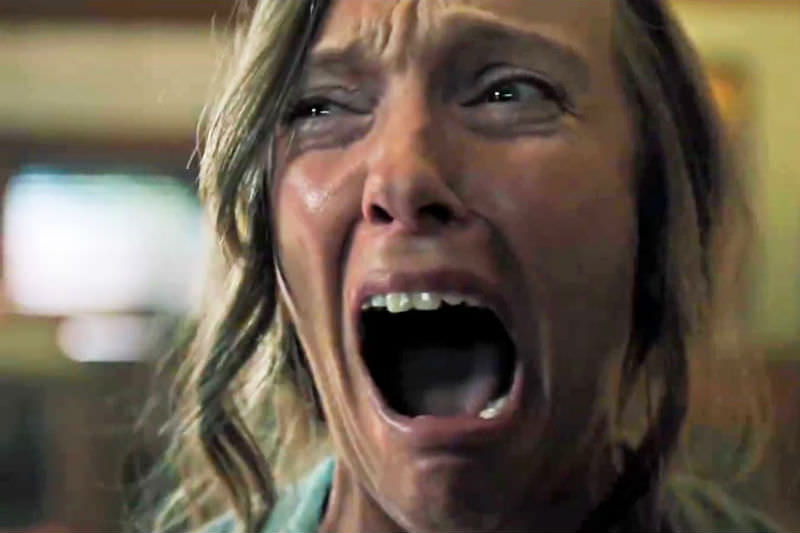
ARTS AND CULTURE
- Tim Kroenert
- 06 June 2018
1 Comment
The pressure starts to get to Annie when she begins to suspect her mother is haunting her. This exacerbates pre-existing tensions; her husband is caring in a mildly condescending way, but is more concerned with the wellbeing of their children. Is the haunting real, then, or just a symptom of Annie's reluctance to let go?
READ MORE 
-
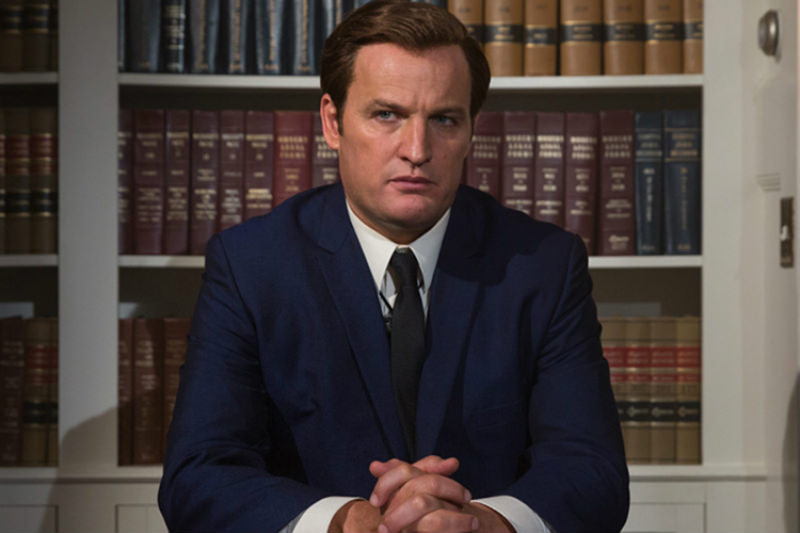
ARTS AND CULTURE
Chappaquiddick notes the effects of these expectations on Ted's actions, without sympathising. 'I'm not going to be president,' he murmurs, by way of announcing Kopechne's death to Gargan. He comes off as more pathetic than Machiavellian, the future Liberal Lion rarely having the courage of his convictions.
READ MORE 
-
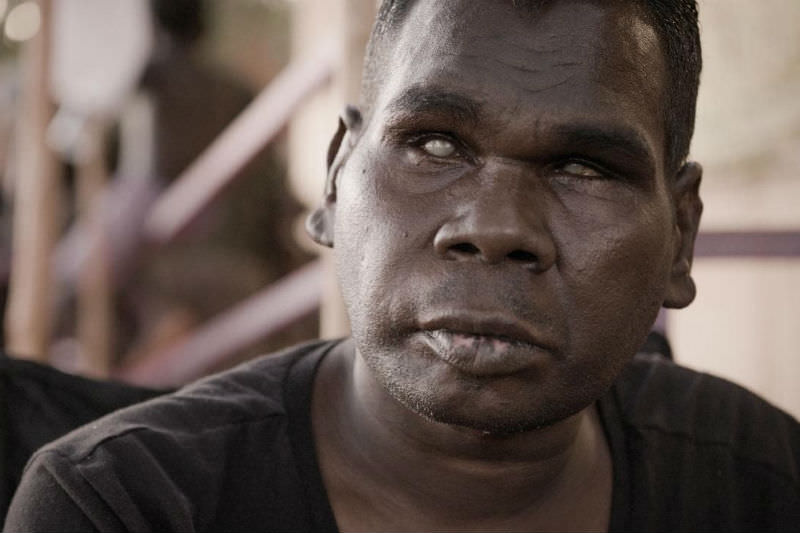
ARTS AND CULTURE
At the time of his death in July last year, Geoffrey Gurrumul Yunupingu was the most commercially successful Aboriginal Australian musician to ever grace this world. Anyone expecting Gurrumul to resemble anything like your typical popular music documentary will be quickly dissuaded. Gurrumul was a far cry from your typical popular musician.
READ MORE 
-
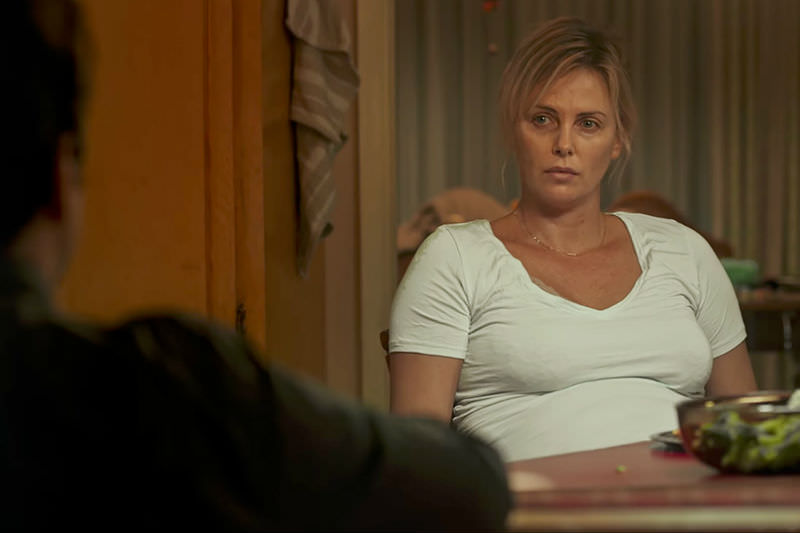
ARTS AND CULTURE
Tully is a funny film, with a serious core: a tribute to the labour of child rearing, a dissection of the substantial physical and emotional burden of this work, and a 'show-don't-tell' critique of the social norms that frequently sees that burden fall, still, primarily on women.
READ MORE 
-
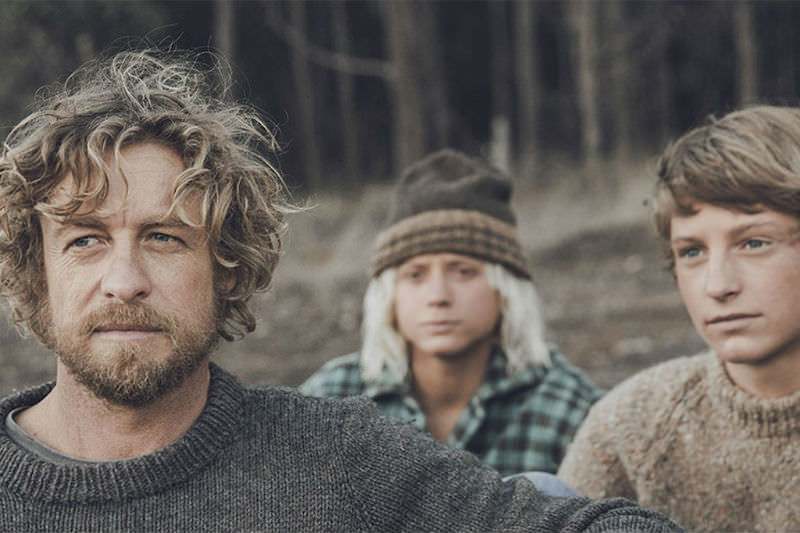
ARTS AND CULTURE
The boys conquer one hazardous feat after another: entering the ocean via rocky cauldrons; sharing waters with a mythic giant shark; tackling waves that rear up over a deadly shallow reef. In so doing they confront their fears: of physical peril; of failing, or failing to meet the expectations of the group; of existential ordinariness.
READ MORE 
-
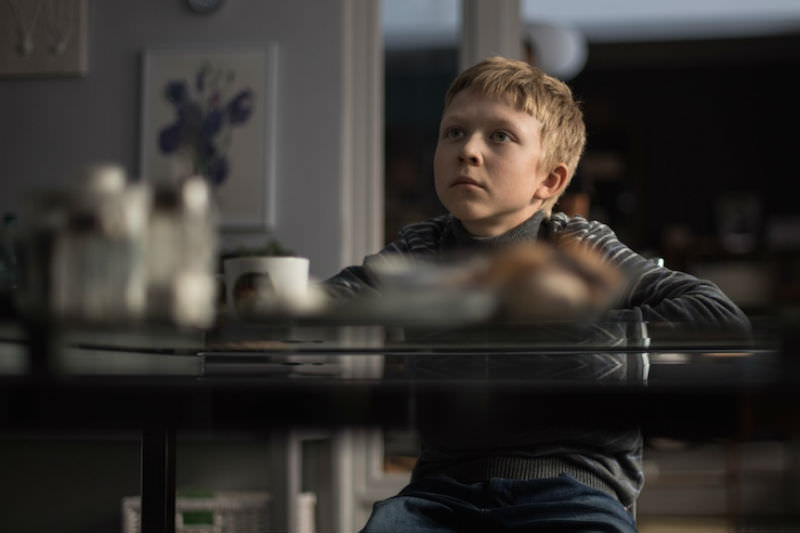
ARTS AND CULTURE
- Tim Kroenert
- 19 April 2018
1 Comment
A grim and gripping tragedy on this personal level, as a whole Loveless functions also as a metaphor for political life in contemporary Russia. The fatal fracturing of its relationship with its neighbour Ukraine provides a backdrop and, for the degeneration of Zhengya and Boris' marriage and the resultant alienation of their son, a touchstone.
READ MORE 
-
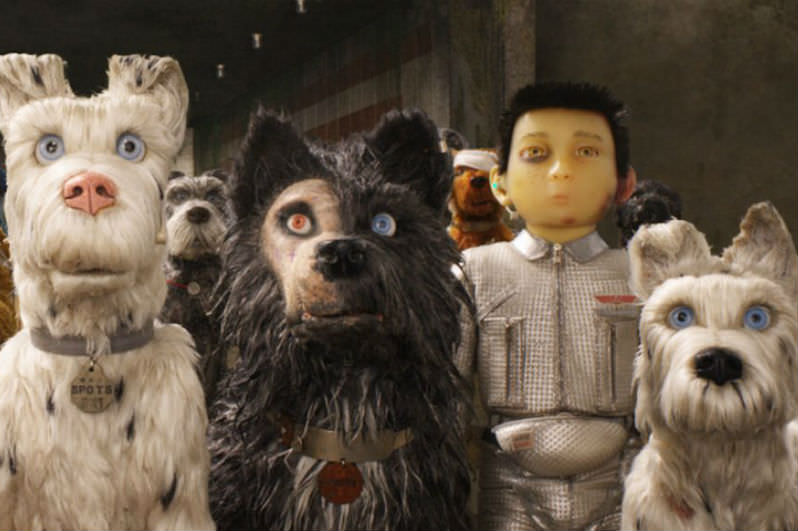
ARTS AND CULTURE
- Tim Kroenert
- 11 April 2018
1 Comment
The commentary around the film's appropriation of Japanese culture has been sustained and substantial. At least these allusions are for the most part detailed and respectful; that the hero is named after a defunct American video game company is less palatable. Trickier still are the creative decisions related to language.
READ MORE 